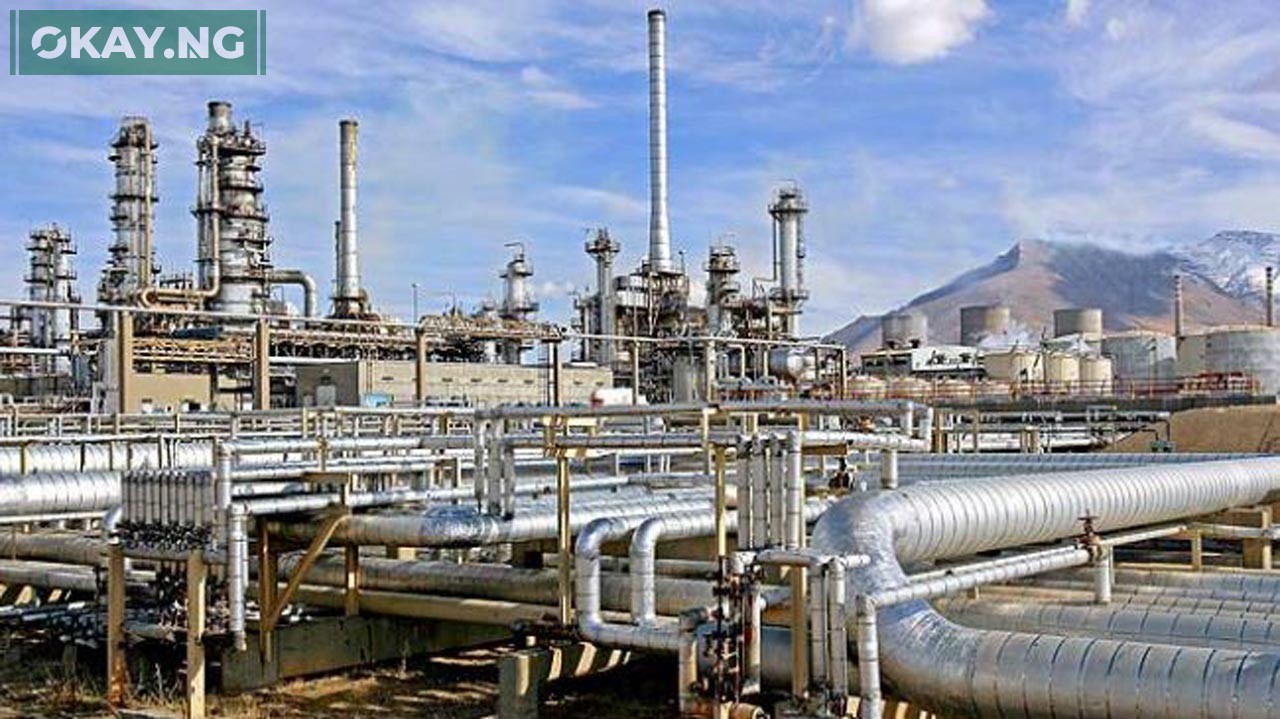Nigerian refineries expanding capacity has the potential to upend international petroleum markets and change the nation’s energy environment. Increased output at the Dangote and Port Harcourt refineries through 2025 is anticipated to drastically lower the country’s petrol deficit, possibly by as much as 39%, according to Kpler, a top energy market analysis company.
In addition to easing the nation’s ongoing gasoline shortages, this increase in domestic production would put European refiners to the test, as they have historically provided a sizable amount of Nigeria’s petrol needs. As a direct result of Nigerian refineries’ increasing dominance, European petrol exports to Nigeria have already fallen to a four-year low of 70,000 barrels per day in December.
“Increasing refinery runs at Nigeria’s Dangote and Port Harcourt refineries throughout 2025 are expected to significantly lengthen West Africa’s gasoline balances,” Kpler stated in its report.
The impact of the Dangote Refinery, a behemoth with a 650,000 barrels-per-day capacity, is already being felt. While initial operations faced challenges securing adequate domestic crude oil, the refinery is now ramping up production. Kpler estimates that the refinery’s critical RFCC (Fluid Catalytic Cracking) unit, crucial for high-volume gasoline production, is currently operating at 40-45% capacity, propelling Nigerian gasoline production to over 100,000 barrels per day.
This increased output is evident in the declining exports of fuel oil and naphtha from the refinery. “Dangote’s fuel oil exports, for instance, fell from 60 kbd in Q3 to just 6 kbd in Q4, while naphtha exports also dropped significantly,” Kpler noted.
Read Also: OPEC Report: Nigerian Exports Disrupting European Market Dynamics
The firm anticipates that further increases in RFCC unit rates, expected by late 2025, will lead to even higher production volumes and refined product yields. This, in turn, will significantly reduce Nigeria’s gasoline deficit, projected to decline from -280,000 barrels per day in 2024 to -170,000 barrels per day in 2025 and further to -100,000 barrels per day in 2026.
While primarily focused on meeting domestic demand, the Dangote Refinery is also emerging as a major supplier across West, Central, and Southern Africa. In the last quarter of 2024, the refinery shipped approximately 60,000 barrels per day to countries including Congo, Ghana, Angola, and Cameroon.
This transformation in Nigeria’s energy landscape has profound implications. Reduced reliance on fuel imports will not only enhance the country’s energy security but also provide a significant boost to its economy. Furthermore, the increased competition from Nigerian refineries is likely to exert downward pressure on fuel prices across the West African region, benefiting consumers.
However, it is crucial to acknowledge that the success of these refineries hinges on several factors, including consistent crude oil supply, efficient operations, and ongoing maintenance. As Nigeria embarks on this new chapter in its energy sector, careful planning and strategic policy decisions will be essential to ensure the sustainable growth and development of its refining industry.







